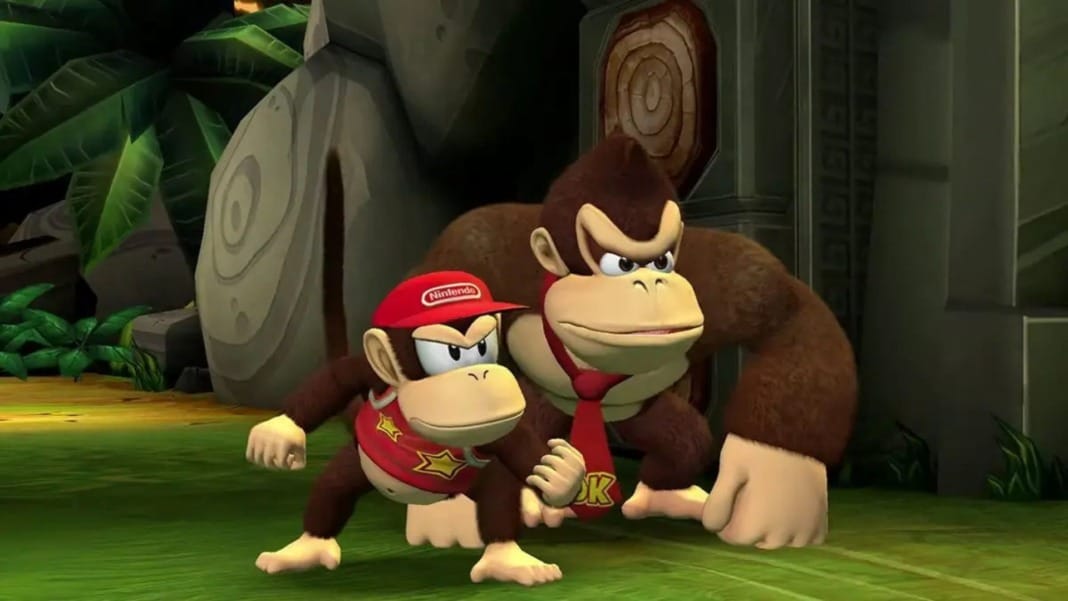Nintendo has been criticised for not including the individual members of the original Retro Studios development team in the credits of Donkey Kong Country Returns HD, a high-definition remaster of the 2010 Wii classic. GameSpot first reported the omission, sparking discussions about crediting practices in the gaming industry.
The HD remaster, launched recently, credits Forever Entertainment as the studio responsible for the port but leaves out names of the original creators who developed the game at Retro Studios. Following the backlash, Nintendo addressed the matter in a statement to Eurogamer, saying:
“We believe in giving proper credit for anyone involved in making or contributing to a game’s creation, and value all staff’s contributions during the development process.”
The statement, however, was attributed to Nintendo as a company and not to any individual spokesperson.
Crediting controversy is not new
This is not the first time Nintendo has faced criticism for its approach to crediting. Developers of other iconic titles have voiced similar concerns in the past. For instance, team members behind the original Metroid Prime were disappointed when the credits for Metroid Prime Remastered failed to include the complete list of original contributors.
External collaborators, such as translators, have also reported feeling excluded. Last year, Game Developer highlighted frustrations among freelance translators who worked on major Nintendo projects but were omitted from the credits.
A broader industry issue
While the spotlight is on Nintendo, crediting concerns extend beyond one company. The gaming industry has long struggled with how to properly acknowledge developers’ work, especially when remastering or porting older titles.
Crediting practices should reflect everyone involved in a project, past or present, to honour the creative efforts that shaped a game. Others point out that varying contributions across different phases of development complicate the issue.
Nintendo has also been notably tight-lipped about other aspects of its production process, such as the identities of voice actors and the external studios involved in creating its games. This has further fuelled conversations about transparency in the gaming industry.
As the debate continues, whether Nintendo or other major publishers will change their policies to provide more inclusive recognition of past and present contributors remains to be seen.





